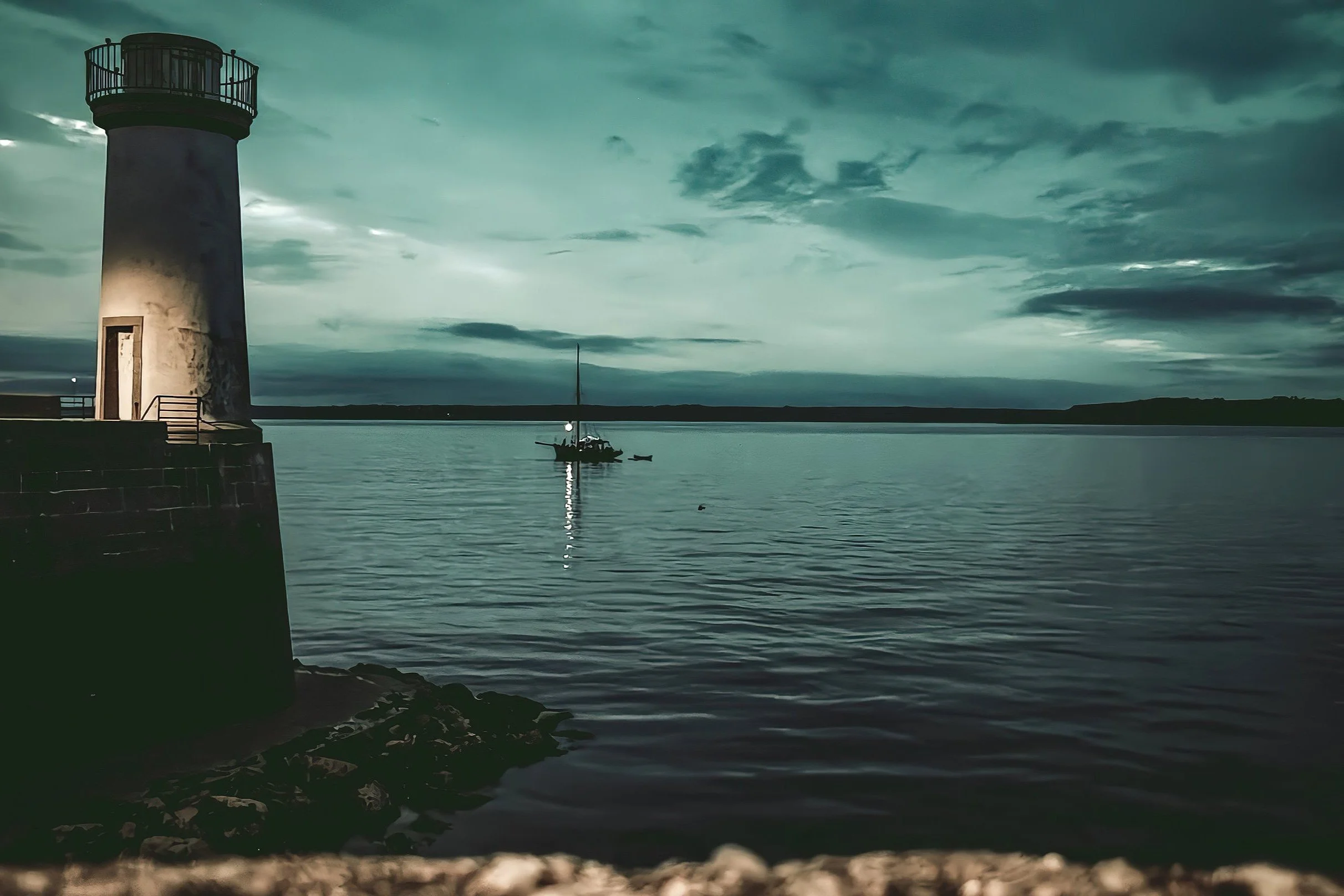Since we bought our boats a number of years ago, we’ve been trying to figure out how best to spread the word about our special expeditionary education courses. Among other things, we keep wondering, “Who really is our market, teens or their parents?” Just a few years ago the answer would have been “parents.” When your scribe went off to interview at a small Swiss boarding school years ago, the admissions director called my parents afterwards to inquire whether I would be enrolling. My mother responded by saying she would want to talk to me before making a decision. The admissions director then explained sternly that children DID NOT make school decisions. Parents did. Well!
But that was then and this is now. When we look through the marketing collateral of some other summer sailing options, we see ripped young men alongside attractive, bikini-clad young women having a grand time on the decks of sleek, modern boats. The only thing missing is a cooler full of beer. It looks to us like the collateral is meant to appeal to young participants more than their parents. After all, what 17-year-old wouldn’t want to crash that kind of fantasy island party?
But back to that boarding school—it turned out to be a wonderful place in a spectacular Alpine setting. A few students hated it, but most of us loved it. It was what you might call stylishly shabby, housed mostly in a few old converted hotels that oozed charm. It was reasonably comfortable, and it was warm in cold weather. We skied almost every day during the season, went on challenging hiking expeditions through the mountains, cycled around Lake Geneva in warm weather, and visited a number of European cultural capitals to see the sights and explore the museums. Will Sutherland, the QBE director, was our young sailing coach back in the day (we competed at Cowes Week). Most of us learned a lot on our mountain, became a family, and went on to lead interesting, fulfilling lives. Today that modest little school has a campus like a four-star hotel and costs a small fortune to attend. In fact, it is said to be one of the most expensive schools in the world. It certainly appears to be an entirely different place than the modest school my classmates and I attended.
Recently, I asked an advancement officer whether all the new bells and whistles were necessary; what did they bring to the table? I was informed that the school had to be competitive. Stylishly shabby would no longer cut it. The entire campus had to exude luxury to attract an extremely affluent, international clientele. There apparently is a fast-and-furious facilities arms-race going on worldwide, and especially in Switzerland. If you don’t keep up, you lose.
There is a group of us who think that’s a shame (nothing against a great computer or chemistry lab.) But there was something to be said for slightly dilapidated digs and students trekking through the mountains with a compass, a map, and a pair of old hiking boots. Roughing it a bit helps develop character, which is—or should be—one of the objectives of a good secondary education. “Old school” isn’t necessarily old hat. In fact, old school was, and still can be, transformative, not to mention useful in helping polish the æsthetic sensibilities of young adults—if that still matters.
Sean Connery as James Bond beside his Aston Martin DB5 on location in Switzerland.
QBE purposely uses classic boats with, for example, manually cranked winches. Our yachts don’t sail themselves like some modern boats (practically) do. Our cutters certainly aren’t shabby, au contraire. But they aren’t modern va-va voom. We’d call them old-school chic, much like James Bond’s iconic Aston Martin DB5. Anybody who liked that car will probably love our boats. And teens feel pretty special sailing them, not to mention a bit more special when they get home. In fact, it was the pilot cutters’ WOW! factor (along with QBE founder Will Sutherland’s rare teaching gifts) that helped persuade several of us to get involved in the project as investors and volunteers.
The question is, if teens are indeed making their own summer enrichment decisions, how do you convince them that, at least when it comes to small-yacht sailing, old school can be a spectacularly desirable thing?






